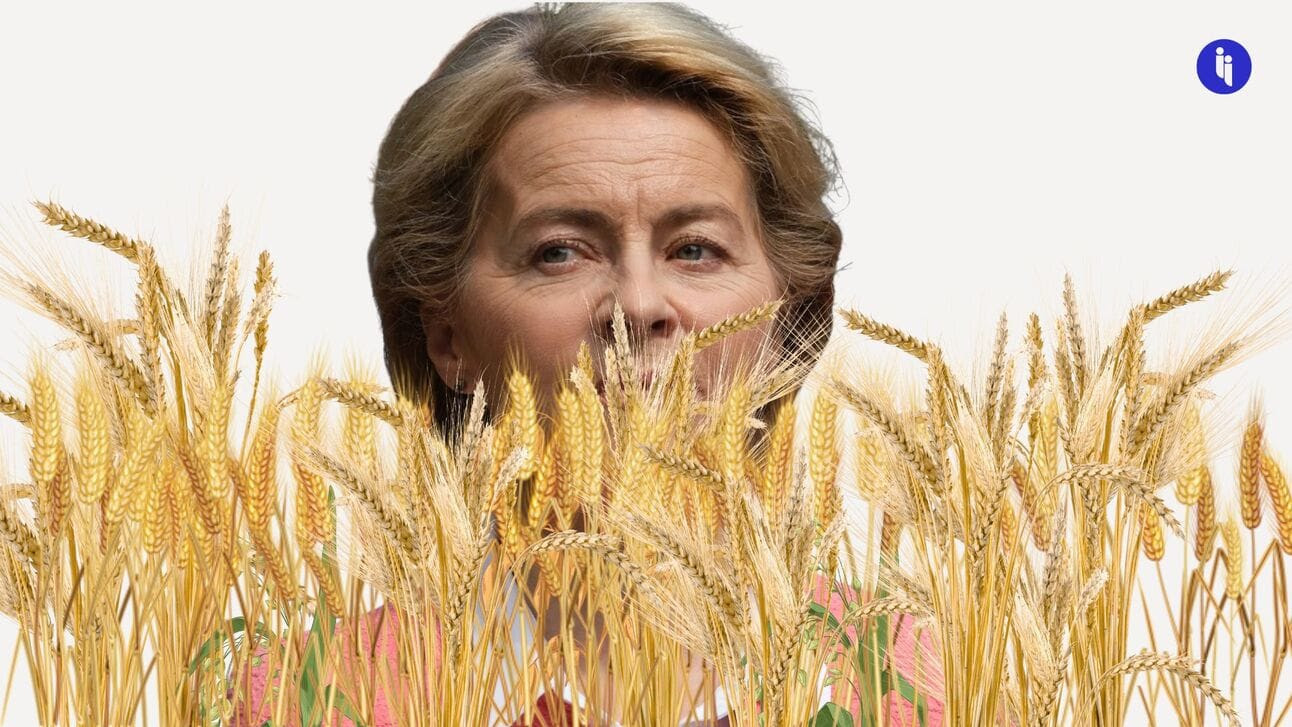The EU is reportedly looking to relax its rules on genetically modified (GMO) crops, with a view to its farmers growing more climate-resistant produce.
Last year saw record temperatures across Europe; the mercury there is rising twice as fast as the global average, posing a risk to the continent’s vast agricultural sector.
If the Europeans do end up embracing GMO, they’ll join major exporters like the US, Brazil and Argentina that’ve been banking on GMO for decades.
Stay on top of your world from inside your inbox.
Subscribe for free today and receive way much more insights.
Trusted by 99,000+ subscribers
No spam. No noise. Unsubscribe any time.
Intrigue’s take: This all makes sense in a vacuum, but Brussels is the opposite of a vacuum: it’s an absolute whirlwind of agricultural, environmental, industrial, legal, and pro-consumer forces. And next year’s EU parliamentary elections will only see that whirlwind spin harder.
Also worth noting:
- The EU enacted its current GMO regulations in 2001 in response to public debate around GMO’s safety and environmental impacts.
- A 2020 Pew Survey covering 20 countries found around half of respondents believed GMOs to be unsafe.









